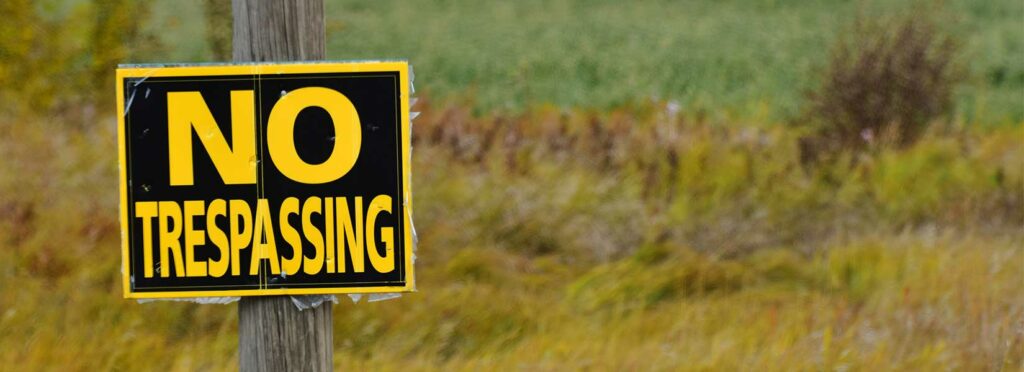If you get hurt on someone else’s property, there’s a good chance you can collect damages from their homeowner’s policy. It really depends on the facts of your case. If the property owner didn’t keep their premises safe, then your Charlotte personal injury lawyer can prove negligence and you can sue for damages.
Things get a bit trickier if you were on their property without permission. Trespassers generally cannot sue for damages against a property owner. However, if there was an unsafe condition on the property that should’ve been resolved, you may have a legal claim. Your attorney will have to prove that your injuries were foreseeable. They’ll also have to prove that the defendant should’ve known that you would end up on their property.
If you or your child sustain an injury on someone’s property, you need to call an experienced Charlotte personal injury lawyer.
Certain Types of Guests are Covered Under Premises Liability
It sounds crazy but you may be able to sue for damages if you get hurt while trespassing on someone’s property. Most property owners don’t understand this. If you didn’t have a right to be on the property, how can you turn around and sue? In general, whether or not you can sue depends on what type of visitor you are.
The four (4) main types of visitors on the property include:
- Invitee – If you are openly invited onto the property, you’re considered a visitor. For example, if you’re at a shopping mall, you are a visitor.
- Licensee – These people aren’t specifically invited onto the property. For example, if someone enters a business or home with the intention of selling something, they’re a licensee.
- Social Guest – This includes friends, visitors, and neighbors. Anyone who is at your home for a social occasion is a guest.
- Trespasser – This is common sense. If you have no legal right to be on someone’s property, you are a trespasser. Usually, trespassers have no legal rights. However, there are times when they’re entitled to some level of protection.
The way the law works in North Carolina, social guests and invitees will be covered under premises liability law. But trespassers and licensees are not covered unless there are special circumstances. Charlotte personal injury attorneys know how to prove this for their clients.
Your Personal injury Lawyer in Charlotte Has to Prove Damages
As long as you go to the hospital, your Charlotte personal injury lawyer should be able to prove your damages. They’ll need your medical records to prove that you were injured. Now they have to demonstrate exactly why you should be able to sue for damages. Depending on your case, you may be able to demand any or all of the following:
- Medical Bills – If you get hurt while on someone else’s property, you should be covered for damages. This would include hospital bills, copays, and other medical bills. It may also include future medical care you need.
- Lost Wages – You have to miss at least a couple of weeks from work to claim these damages. This means you need to be able to prove that you couldn’t work during this time.
- Property Damage – Very rarely would any personal property be damaged in these cases. But if you do, your lawyer can argue that you’re entitled to compensation.
- Pain and Suffering – It’s hard to imagine an injury that would cause pain and suffering until you’re the one in pain. Your lawyer can show that you suffered mentally and physically as a result of your injuries.
Your Charlotte personal injury lawyer will push to get you as much compensation as possible.
Contact an Experienced Personal Injury Attorney in Charlotte Today
It isn’t easy to sue someone if you were trespassing on their property at the time of your injury. But it isn’t impossible. If this has happened to you, contact an experienced injury lawyer in Charlotte, NC. They can review your case and let you know if you have a potential lawsuit. If your case isn’t worth anything, your attorney will also let you know.
Call today and schedule your free initial consultation. You can sit down with an experienced personal injury lawyer who will let you know what your case is worth. They can also answer any questions you may have. If you do have a claim for damages, they’ll negotiate with the insurance company on your behalf.


